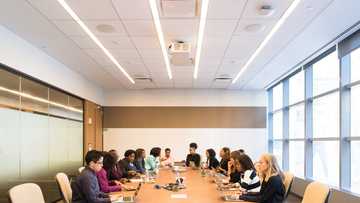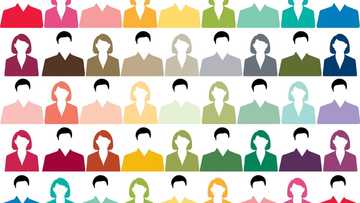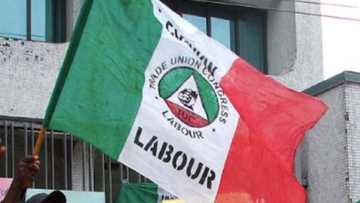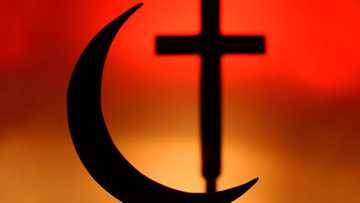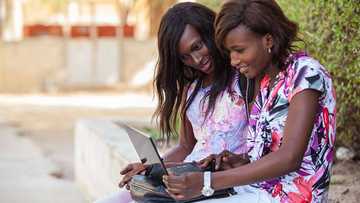What kind of role does social media play in Nigerian politics?
The role of social media and its influence on electoral processes in Nigeria, particularly voter perceptions, political behaviour, and social mobilization, is a major topic in the digital era. The increased use of social media in Nigeria, in general, is changing the political landscape in both positive and negative ways. For instance, marginalized voices can now use social media to raise their concerns easily.
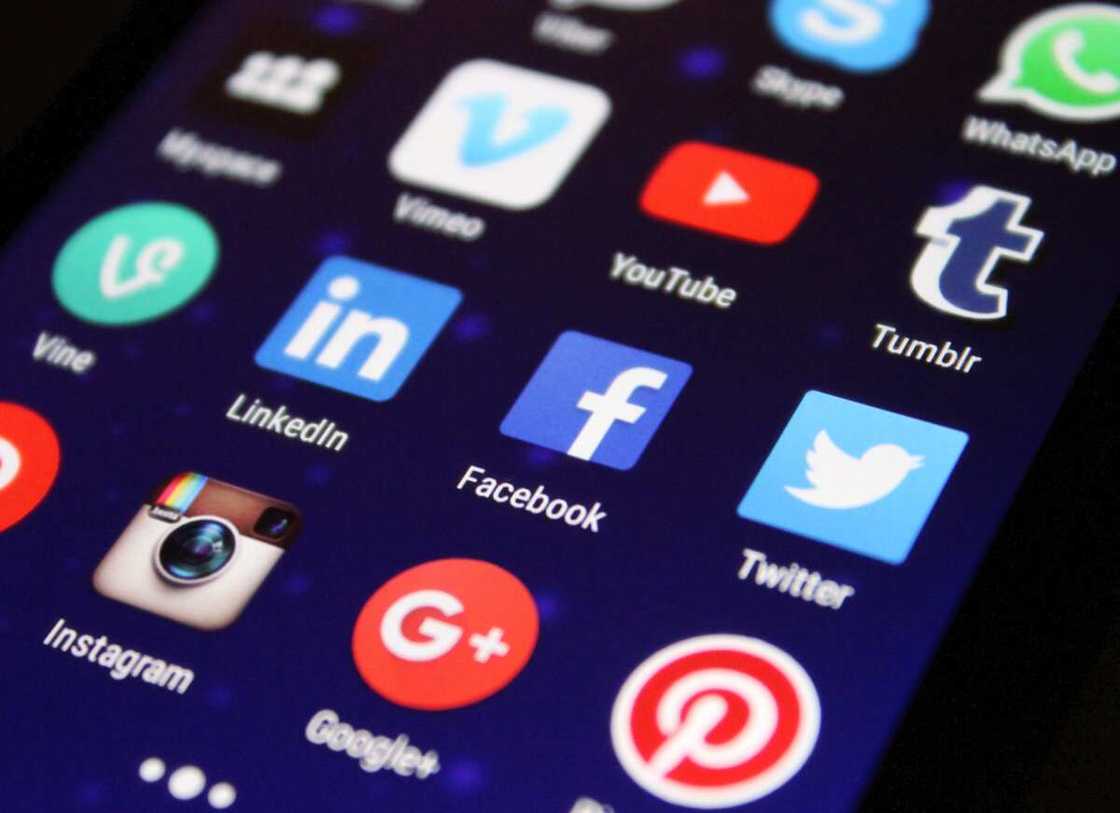
Source: UGC
Social media is widely used by young people, who are the largest percentage of voters in Nigeria. For this reason, most politicians have turned to social media because it has proven to be an effective campaign tool. They now mobilize their supporters to attend their gatherings through social media.
Social media and politics
Social media in politics is not a new thing. It has been there for a while now, but it has become more prominent as more people use it to communicate with one another.
In some instances, political leaders have also used social media to spread disinformation or fake news about opposing parties, often escalating tensions and exacerbating the risk of electoral violence. Social media is widely used by young people in Nigeria.
The role of social media in Nigerian politics
What role does social media play in politics? Social media is a powerful tool for politicians. It allows them to connect with their constituents, and it gives them the opportunity to better understand what people need from the government.
Helps in the spread of information
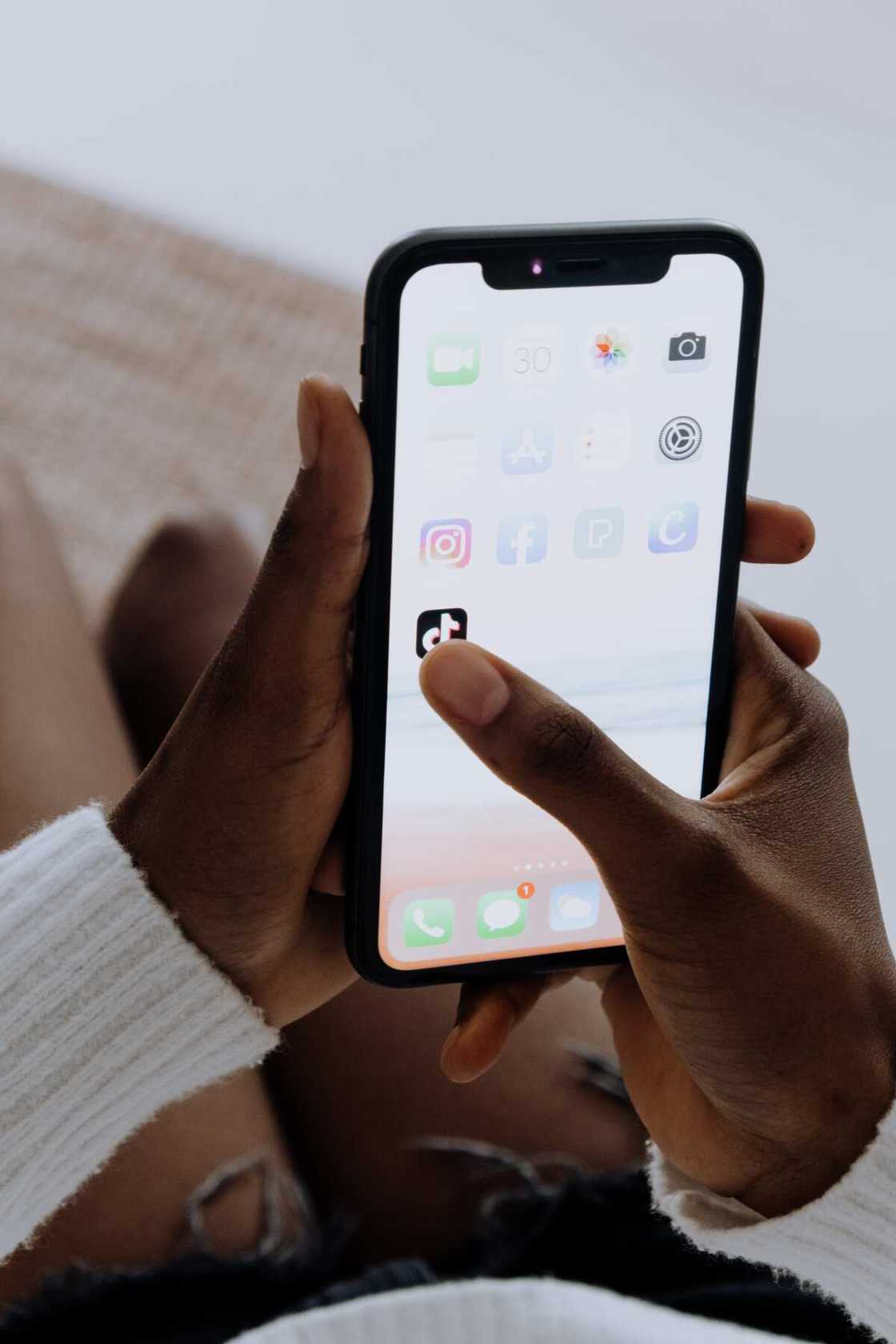
Source: UGC
When it comes to controversial political topics, confirmation bias on social media is enormous. If most people like you, most of your social media friends and followers probably share your viewpoint. It means that the vast majority of tweets, Facebook posts, WhatsApp status, Pinterest pins, and other content on these sites will express the same point of view.
It's natural for people to associate with others who share their beliefs. However, it can give the impression that "everyone" thinks the same way on social media. People will post links to articles that affirm your existing bias.
Campaigns awareness
By echoing public opinion, social media platforms have the potential to strengthen political campaigns in Nigeria. By exposing people to other opinions shared by friends, family members, and colleagues, social media can help enhance people's political views.
These platforms can mitigate the drawbacks of disorganized groups by lowering coordination costs and increasing shared awareness campaigns through online platforms.
Polls' influence
Political polls are an essential component of any campaign. Additionally, like other forms of political news, the internet has dramatically increased the number of poll results we see each day.
Poll results have the power of influencing elections. When people post the latest poll data on social media throughout the day, candidates get the pressure to get ahead of their opponents.
Advantages of social media in politics
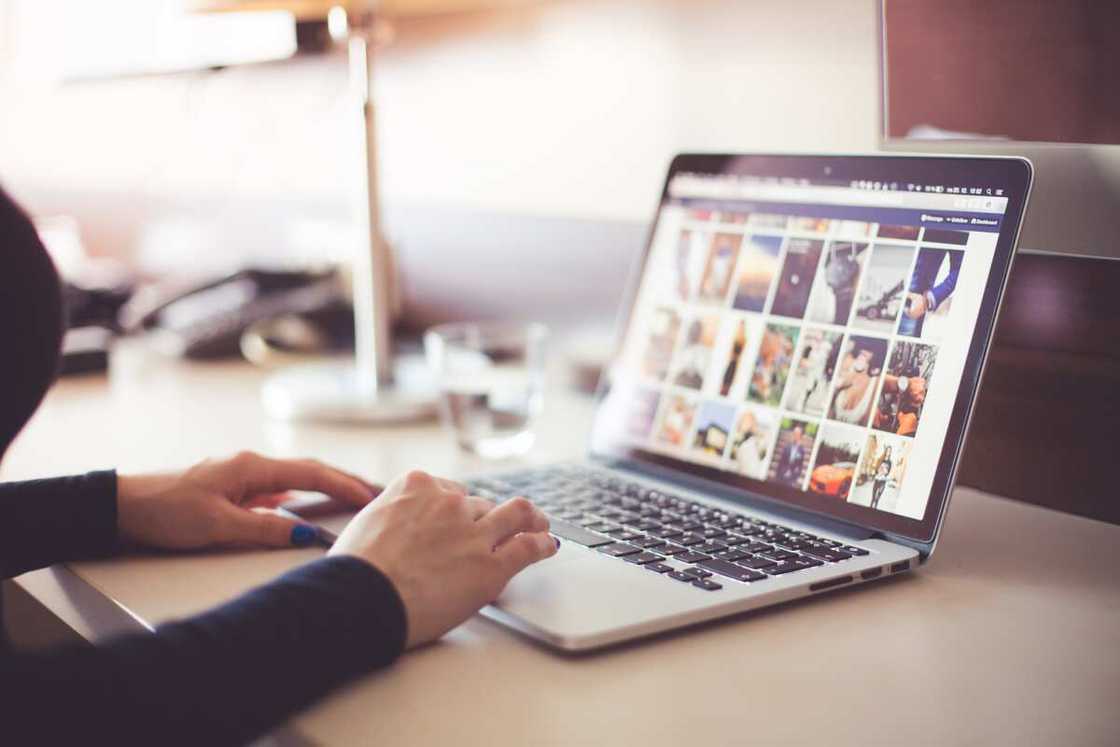
Source: UGC
The advancement of mobile technology has been critical in shaping the impact of social media in politics. For example, social media has become an essential tool for politicians to communicate with their supporters and solicit feedback on their policies and programs in Nigeria. Some of the benefits of using social media in politics include:
You can reach out to more people at the same time
You can easily connect with large numbers of individuals all over the globe at the same time using social media platforms. For example, Nigerian politicians share photos, videos, or text messages with their followers to raise awareness about their party's policies and programs.
Social media can also help you reach out to your voters and ensure they are more engaged with your campaign. It can translate into higher voter turnout on election day. Candidates in Nigeria use social media platforms like Facebook and Twitter, among others, to share their views and opinions about various issues.
These views and opinions will help build trust among their supporters. They can also use these platforms to interact with people from different age groups, ethnicities and backgrounds who may not be able to attend rallies or other political events held by a candidate or a personal party.
Better voter engagement
Social media allows politicians in Nigeria to communicate directly with their constituents without going through traditional media channels, which sometimes filter messages.
Social media makes it easier for candidates to reach out to voters directly. It helps them connect better with the voters and create a personal rapport.
Social media allows you to respond quickly to any issues or complaints raised by voters or supporters to keep them happy and maintain their loyalty. In addition, they answer questions about policies and positions and address concerns about issues that matter most to voters.
Disadvantages of social media in politics
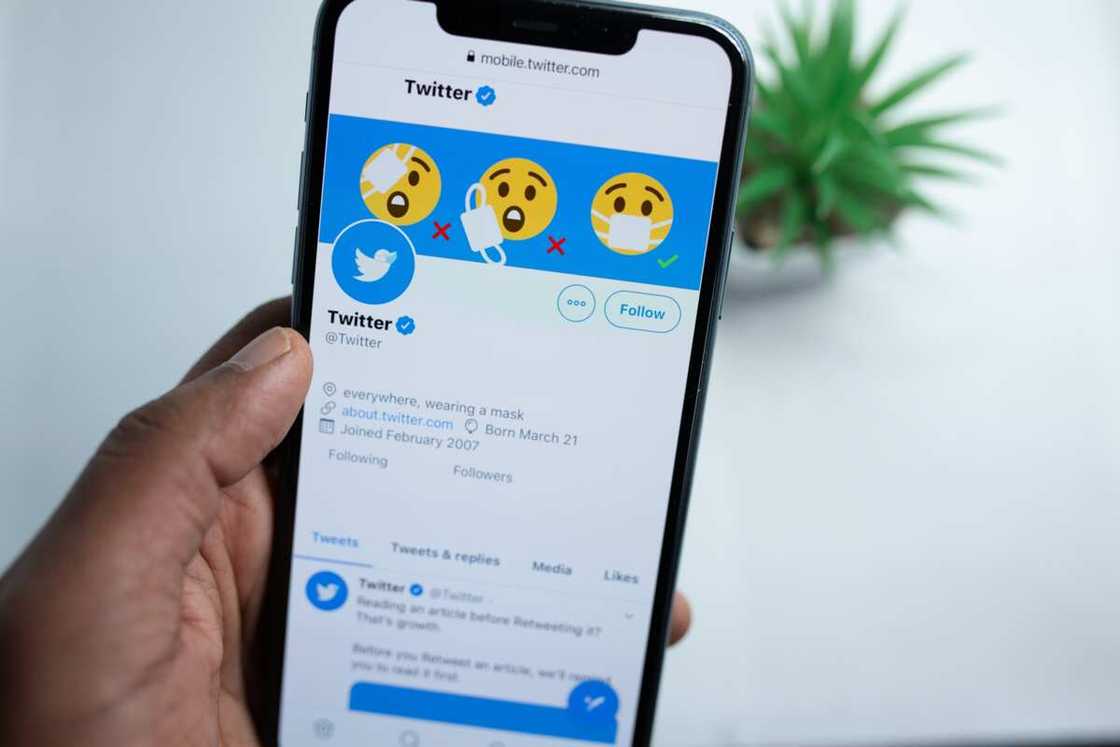
Source: UGC
There are many disadvantages of social media in politics. Some of them include:
Misleading social media campaigns
Some political parties do not have clear policies, strategies, or plans for governance in Nigeria. Usually, their social media campaigns revolve around fake promises, which cannot be implemented once they are elected.
Easy to spread rumours, fake news, and conspiracies
Fake news has grown in popularity in recent years due to social media. News sources, where content can be created and distributed among users, have little to no third-party filtering, fact-checking, or editorial judgment. Some Nigerian politicians have been using social media for propaganda purposes.
They create fake accounts on Instagram, Facebook and Twitter with fake names to promote their campaigns without being linked back to their real identity.
They also create pages on Facebook that are entirely fake but look accurate. These pages often use political rhetoric language, which appeals strongly to most Nigerians looking for a change in Nigeria's political system.
It's becoming increasingly difficult to distinguish between real and fake political news on the internet. This distinction is especially perplexing in the age of social media.
The never-ending stream of memes, links, and rumours about political leaders and candidates contains a mix of truth, lies, satire, and speculations. It makes it difficult for voters to know what's real and what's not.
What role do media and political parties play in a democracy?
Political parties now have the ability to reach large numbers of people and inform them about important issues ranging from policies to elections thanks to the media. The media can be viewed as a democratic enabler; more educated voters would result in a more legitimate government.
What does social media mean in government?
One of the most significant advantages of social media is that it enables governments to share critical information in times of crisis. Governments may also be able to control the narrative on key issues. Finally, governments can use social media to share health, science, and expert information.
The political world is beginning to embrace social media. There will, undoubtedly, be many political changes such as proposals for internet voting, which could increase election participation.
READ ALSO: 10 ways of fighting and reducing political apathy in Nigeria
Legit.ng has recently published an article about 10 ways of fighting and reducing political apathy in Nigeria. Political apathy is when citizens seclude themselves from political activities and affairs in their country.
This is always a result of a negative feeling about elections, so they adopt a political behaviour characterized by inactivity. This attitude among Nigerian citizens is a result of many factors.
Source: Legit.ng



